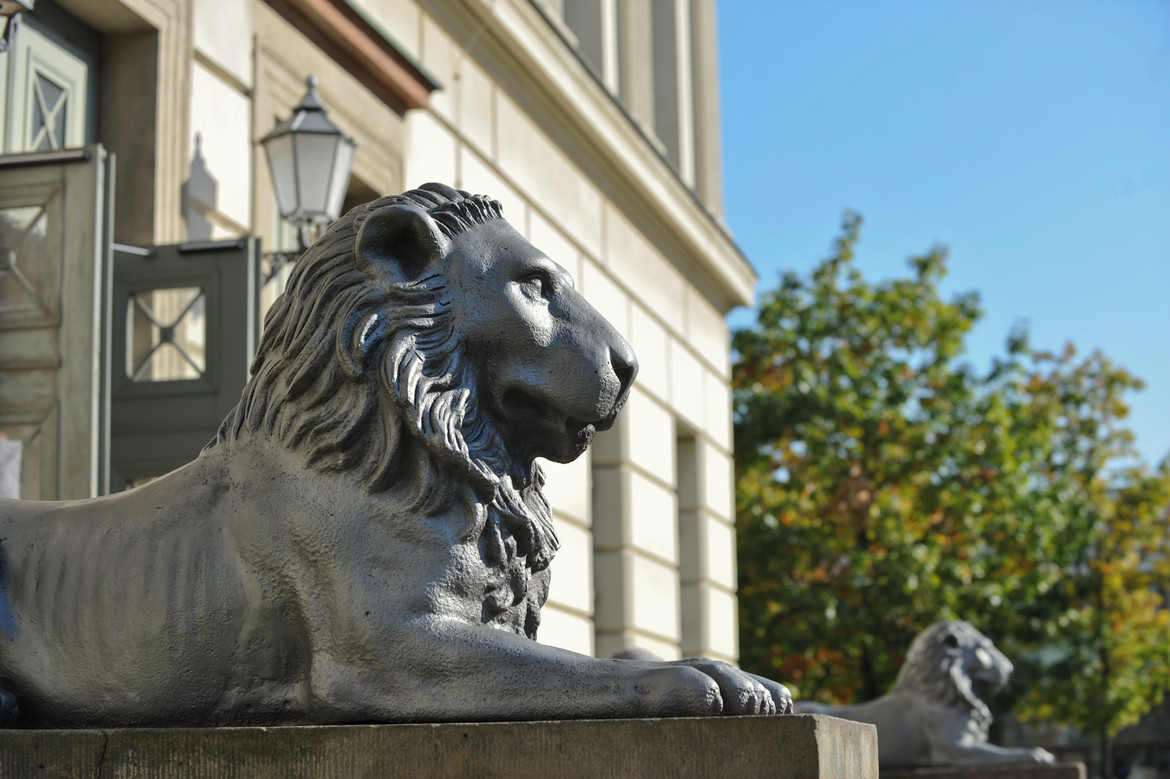Martin-Luther-Universität Halle-Wittenberg
University’s presentation
Creating knowledge. Since 1502
Education and research with a 500-year-old tradition: Martin Luther University Halle-Wittenberg (MLU) offers a wide range of academic subjects in the areas of humanities, social sciences, natural sciences and medicine. The oldest and largest university in Saxony-Anhalt was created in 1817 when the University of Wittenberg (founded in 1502) merged with Friedrichs University Halle (founded in 1694). Today the university has around 20,000 students and 340 professors.
MLU’s academic profile in the field of the humanities is shaped by the core research areas “Enlightenment – Religion – Knowledge” and “Society and Culture in Motion. Diffusion - Experiment - Institution”. The university’s core scientific research is in “Materials Science – Nanostructured Materials” and “Biosciences – Structures and Mechanisms of Biological Information Processing”. Agricultural sciences also play a leading role and Halle’s university bears sole responsibility in Saxony-Anhalt for developing this academic profile. The Faculty of Medicine focuses on epidemiology, health and nursing research and research on signal transmission. Here nursing scientists conduct research on an equal footing with physicians. The Dorothea Erxleben Learning Centre is one of the largest teaching clinics for prospective medical professionals. In addition to its main academic focuses, the university offers a range of minor subjects, some of which are only offered in Germany at MLU.
As a member of the Central German University Alliance Halle-Jena-Leipzig, MLU cooperates closely with other universities, and with external research institutes and industries. This is visible at a local level on the Weinberg Campus, the second largest technology park in Eastern Germany. All of the university’s natural science institutes are concentrated here. They work in partnership with companies and major German research institutes, such as the Max Planck Society and the Fraunhofer-Gesellschaft. Halle’s university has a broad-reaching network of partner universities throughout the world.
In addition to the Weinberg Campus, MLU has three other main locations. The centrally located University Square is one of the most beautiful university squares in Europe and it is a site in Halle that is steeped in tradition. Many institutes focusing on the humanities and social sciences are located on the new Steintor Campus. Educationalists and theologians teach, study and conduct research at the Francke Foundations.
Address
Martin-Luther-Universität Halle-Wittenberg
Universitätsplatz 10
06108 Halle (Saale)
Germany
Website
Social Network
Fields of Education
- Arts and Humanities
- History
- Economic and Social Sciences
- Geography
- Sciences and Technologies
- Law and Political Sciences
- Health (Medicine, Pharmacy, Dental, Sports)
Contact person for the incoming exchange students
incoming@international.uni-halle.de
Do you have a Buddy system?
Yes
Academic calendar (link)
Number of students in the institution
20,075
Proportion of international students
8.9%
Main language of instruction for the courses open to international students
german
Level required
- B1
Official certification
Official certification not asked
Other languages of instruction
english
Level required for the other languages
- B1
Official certification for the other languages
Official certification not asked
Catalogue of courses taught in English
Information about Online Courses & Distance Learning
The University of Halle focuses primarily on classroom teaching.
Linguistic support
Equivalence of university credits
The MLU already works with the ECTS credits
Additional fees
No
Services available on the campus
Specific support or facilities for students with disabilities or ALD
On-campus accommodation solutions?
Yes
